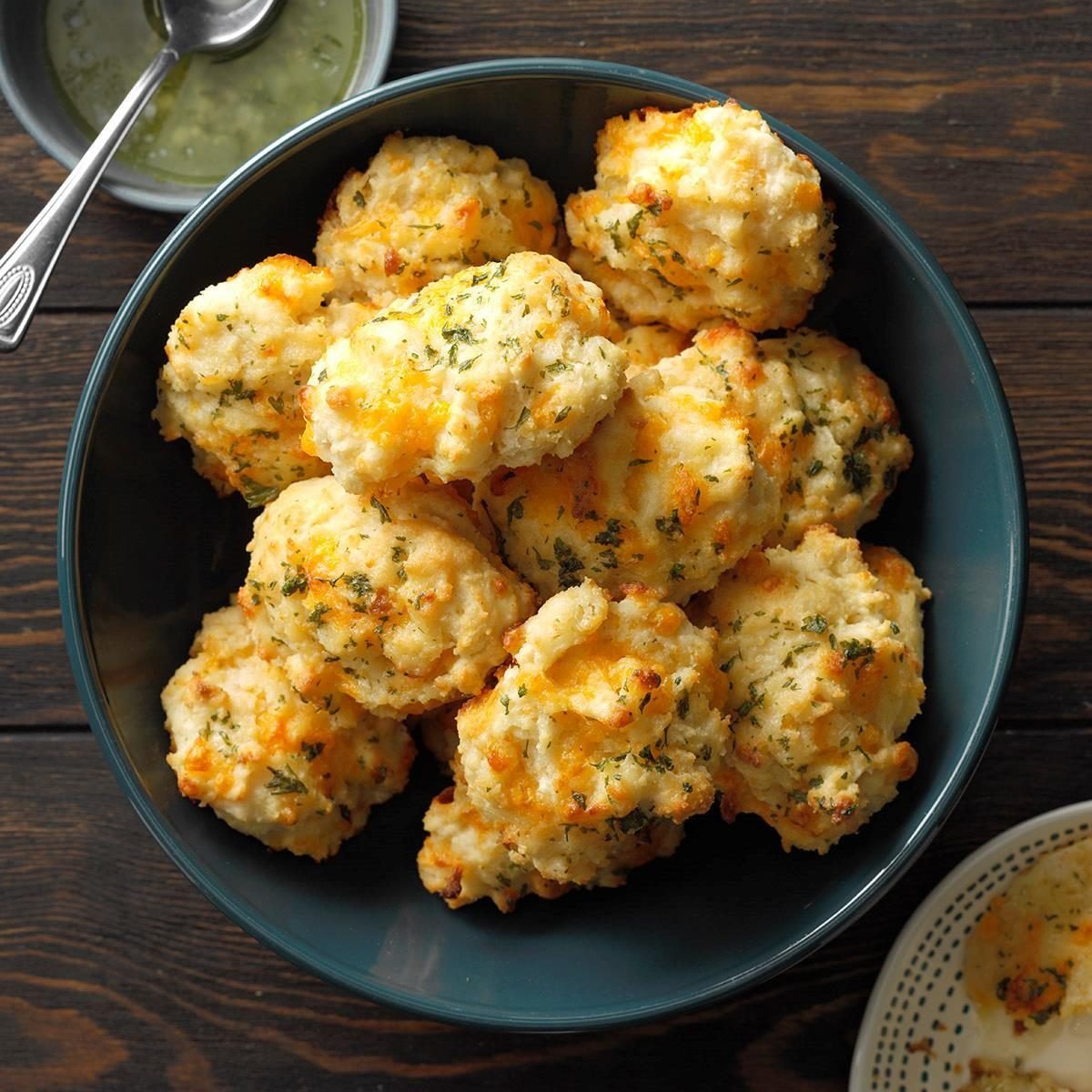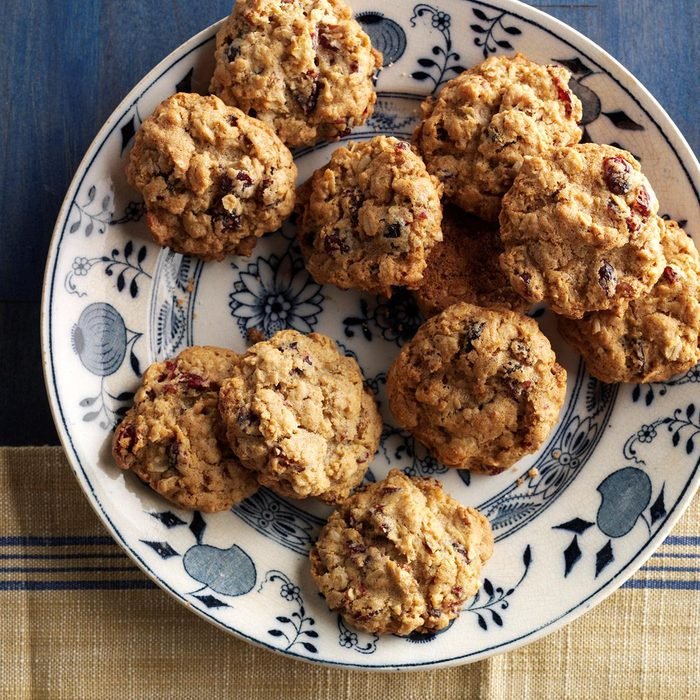Pecans_ A Nut Superior to the Rest
Pecans: The Ultimate Nut for Health and Wellness
Read Time: 6 mins
Why Pecans Stand Out Among Nuts
Pecans are among the top contenders when it comes to healthy nuts, packed with beneficial fats, proteins, vitamins, and minerals. These nutrients contribute to several health benefits, including blood sugar regulation, heart disease prevention, and immune system support. Whether you’re considering pecans as a snack, topping, or key ingredient in your meal, this article explores their impressive health benefits.
Pecans vs. Walnuts: Which Nut Reigns Supreme?
Pecans and walnuts are both considered highly nutritious. While they share similar calorie counts per 1-ounce serving, their nutrient profiles differ. Pecans are rich in monounsaturated and polyunsaturated fats, known for their heart-healthy properties. They’re also loaded with vital nutrients such as vitamins E, A, and B, potassium, magnesium, zinc, and calcium.
On the other hand, walnuts are particularly high in omega-3 fatty acids, which are beneficial for cardiovascular health. Consuming walnuts regularly can help lower levels of LDL (bad) cholesterol, supporting improved heart health and reduced risks of stroke and heart disease.
Here’s a comparison of the nutrient content for both nuts per 1-ounce (28 grams):
Pecans:
-
Weight: 20.4 grams
-
Fiber: 2.72 grams
-
Protein: 2.6 grams
-
Potassium: 116 milligrams
-
Magnesium: 34.3 milligrams
-
Calcium: 19.8 milligrams
-
Zinc: 1.28 milligrams
Walnuts:
-
Weight: 17 grams
-
Fiber: 1.99 grams
-
Protein: 4 grams
-
Potassium: 129 milligrams
-
Magnesium: 42.3 milligrams
-
Calcium: 19.9 milligrams
-
Zinc: 0.834 milligrams
Top Health Benefits of Eating Pecans
Nuts, in general, are a nutritious addition to any diet, and pecans are no exception. They’re rich in protein, fiber, and omega-3 fatty acids, making them effective in fighting heart disease, diabetes, and other conditions. The health benefits of pecans stem from their unsaturated fats, fiber, and polyphenols (a type of antioxidant), with pecans offering more flavonoids than other tree nuts.
Here are some specific advantages of incorporating pecans into your diet:
1. Diabetes Management
Pecans, with their high fiber content, low carbohydrate profile, and healthy fats, help stabilize blood sugar levels. This is particularly beneficial for individuals with diabetes or prediabetes. Regular consumption of pecans may reduce fasting glucose and hemoglobin A1c levels, key indicators for diabetes control.
2. Cancer Prevention
Nut consumption has been linked to a reduced risk of various cancers. Specifically, studies suggest that daily consumption of pecans may lower the risk of postmenopausal breast cancer. This could be attributed to the antioxidants and healthy fats present in pecans.
3. Weight Management
Regular nut consumption has been associated with weight loss. Some research indicates that eating pecans is linked to a lower body mass index (BMI) and smaller waist circumference, which are important measures of overall health and risk for chronic conditions.
4. Cardiovascular Health
Swapping out saturated fats for a handful of pecans each day may help prevent heart disease and type 2 diabetes, especially for individuals at risk due to factors like age, obesity, and distribution of body fat.
5. Digestive Health
Pecans are an excellent source of fiber, which supports digestive health by promoting regular bowel movements and potentially preventing intestinal cancers. A quarter cup of pecans contains about 3 grams of fiber, helping you reach the recommended daily intake of 35 grams of fiber.
6. Mental Health Benefits
Recent studies have suggested that consuming a daily serving of pecans could contribute to a lower risk of depression, likely due to the anti-inflammatory omega-3 fatty acids found in the nuts. Although more research is needed, these findings highlight the potential mood-boosting properties of pecans.
Recommended Serving Size of Pecans
While pecans offer numerous health benefits, portion control is essential to avoid overconsumption. A recommended daily serving is about one-fourth cup, which equals roughly a handful of raw, unsalted pecans. This serving provides around 180 calories, helping to manage hunger and regulate blood sugar.
Incorporating Pecans Into Your Diet
Pecans are incredibly versatile and can be used in a variety of meals, from snacks to main dishes. Here are some ideas for adding more pecans to your diet:
-
Use pecan butter instead of peanut butter for a healthier spread on toast or sandwiches.
-
Snack on roasted pecans for a delicious and nutritious treat.
-
Add pecans to your homemade or store-bought trail mix for a crunchy twist.
-
Sprinkle halved pecans on salads or casseroles for an extra protein boost.
-
Top your oatmeal or yogurt with pecans for a satisfying breakfast.
-
Bake crumbled pecans into cookies or other treats.
Pairing pecans with carbohydrates can help keep you feeling fuller for longer, making them an excellent addition to any balanced meal.
Conclusion
When consumed in moderation, pecans are a powerful addition to a healthy diet. Packed with essential nutrients, they support the prevention of chronic diseases such as diabetes, heart disease, and certain types of cancer. Whether enjoyed as a snack, topping, or main ingredient in recipes, pecans provide long-term health benefits and are a tasty, nutritious choice.
Frequently Asked Questions
Nutritionally, Which Is Better: Pecans or Walnuts? We are currently working on detailed comparisons to answer this common question.
What’s the Ideal Serving Size for Pecans? Stay tuned for more detailed information on recommended serving sizes.
Expert Tips
-
Experiment with seasonal or trendy variations to keep your meals exciting.
-
Discover time-saving kitchen shortcuts and prep tips for busy days.
-
Consider dietary restrictions and substitute suggestions for more flexibility.
Key Takeaways
-
These meal ideas are perfect for impressing guests or enjoying special occasions.
-
Choose recipes based on your skill level and available kitchen tools.
-
Presentation and taste play a key role in creating a memorable dining experience.
Join Our Community
For more recipe inspiration and cooking tips, subscribe to our newsletter today!








